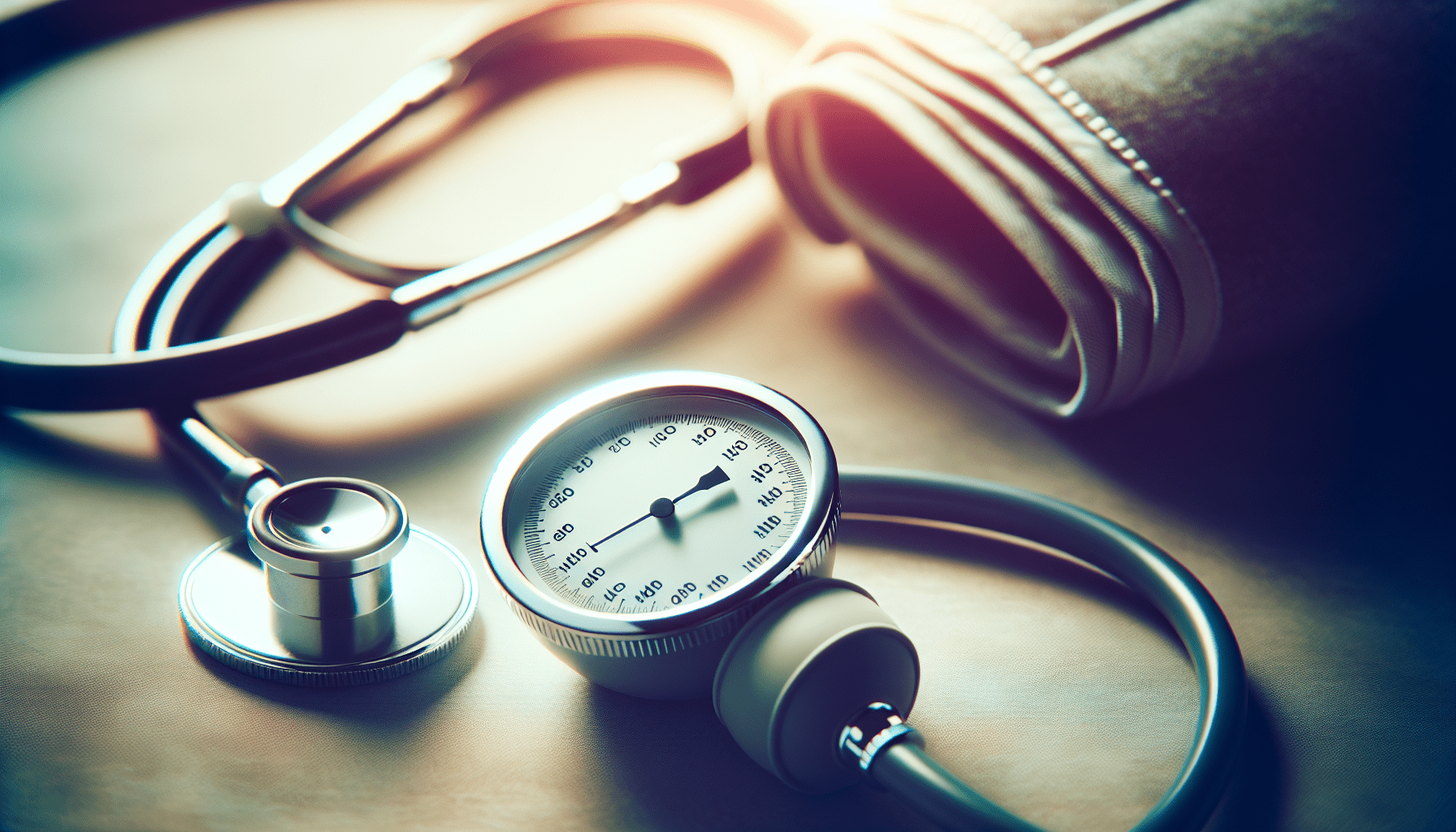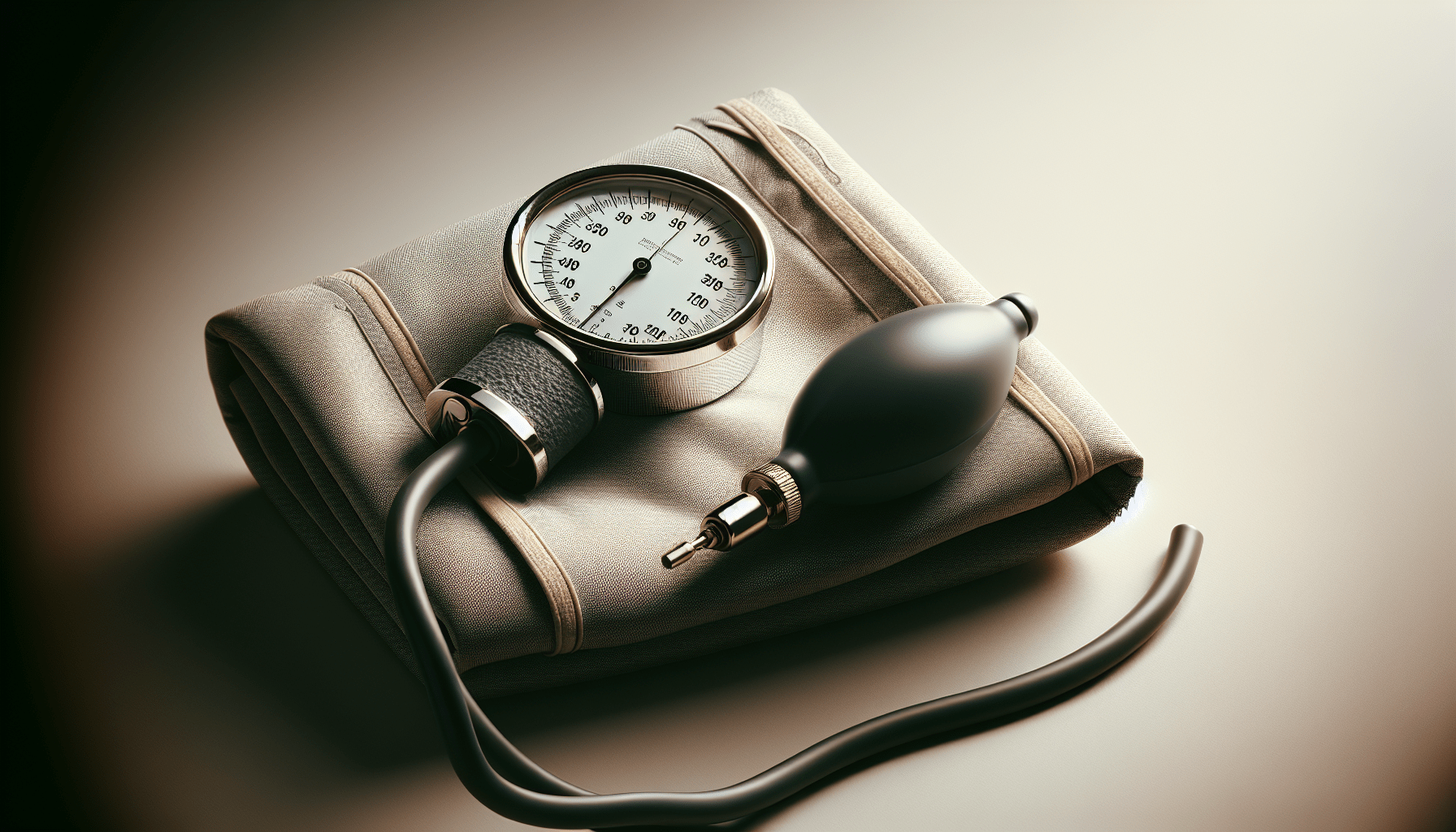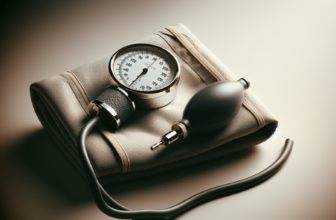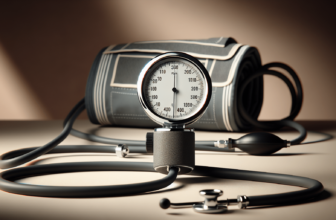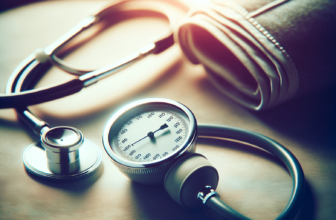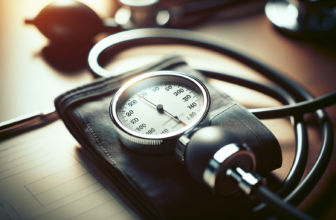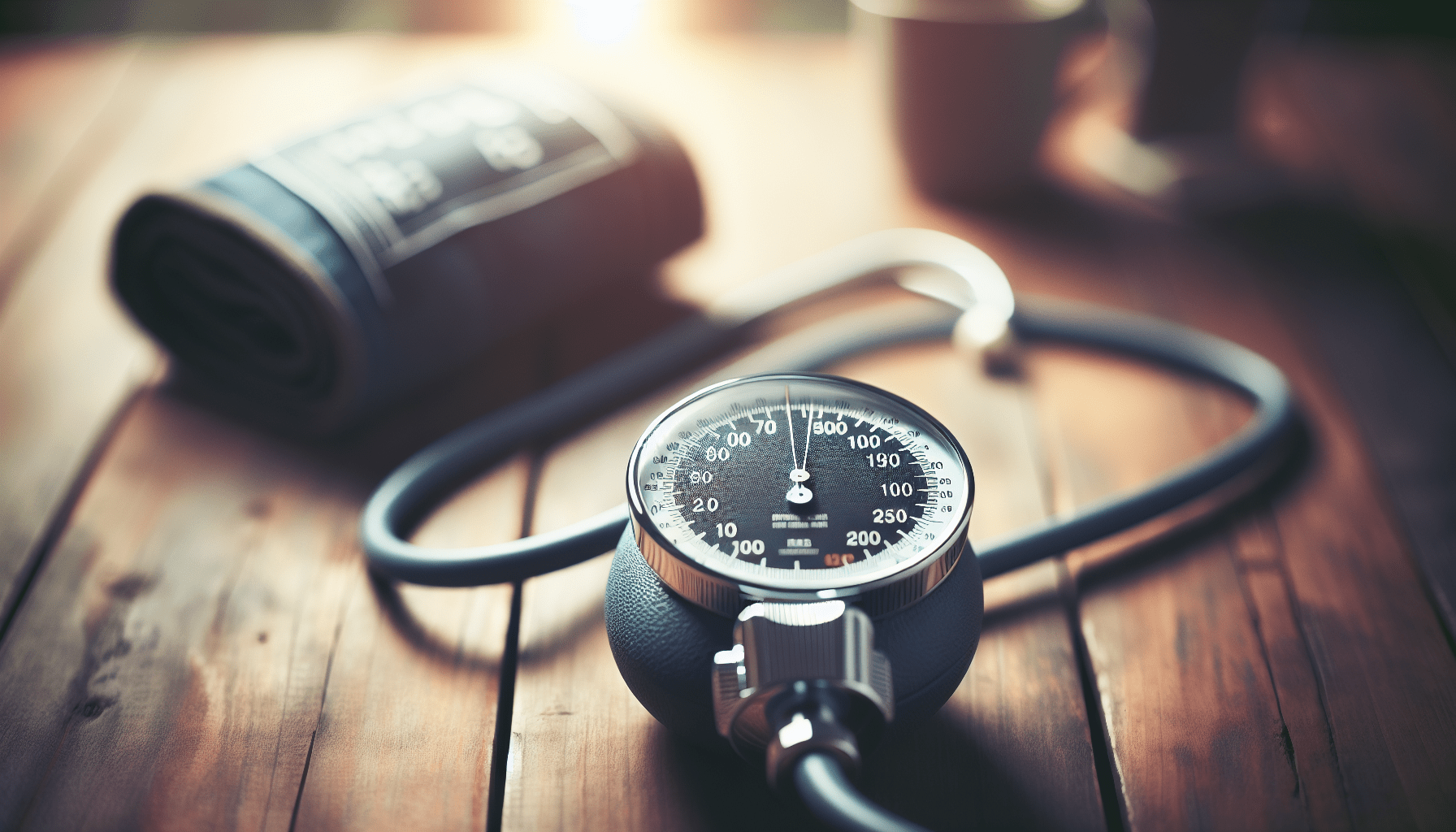
Have you ever wondered what could happen if high blood pressure goes untreated? It’s a good question, especially since many people may not realize they have high blood pressure in the first place. Understanding the risks associated with untreated high blood pressure is crucial for maintaining your overall health and well-being.
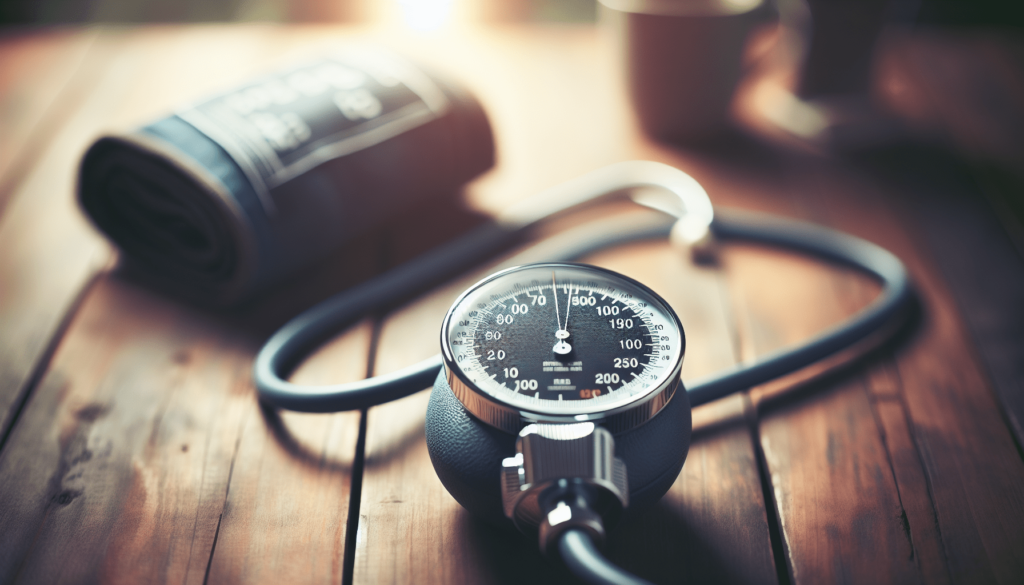
What Is High Blood Pressure?
High blood pressure, or hypertension, is often called a “silent killer” because it usually shows no symptoms until it leads to serious health problems. When your blood pressure is consistently too high, it means your heart has to work harder to pump blood throughout your body, which can contribute to various risks over time.
How Is Blood Pressure Measured?
Your blood pressure is measured using two numbers: systolic and diastolic.
- Systolic Pressure: This is the top number and indicates the pressure in your arteries when your heart beats.
- Diastolic Pressure: This is the bottom number and indicates the pressure in your arteries when your heart is resting between beats.
A normal blood pressure reading is typically around 120/80 mmHg. If your readings are consistently 130/80 mmHg or higher, you may be considered to have high blood pressure.
Risks of Untreated High Blood Pressure
Now that you have a basic understanding of what high blood pressure is, let’s take a closer look at the various risks associated with untreated hypertension. This information can help motivate you to monitor your blood pressure and take control of your health.
Heart Disease
One of the most serious risks of untreated high blood pressure is heart disease, which includes several conditions affecting your heart.
Types of Heart Disease Associated with High Blood Pressure
-
Coronary Artery Disease: High blood pressure can lead to the thickening of the arteries, making them narrow and hard. This can restrict blood flow to your heart.
-
Heart Failure: When your heart works harder due to high blood pressure, it can weaken over time and lead to heart failure, meaning your heart can’t pump enough blood to meet your body’s needs.
-
Left Ventricular Hypertrophy: This is a condition in which the heart’s left ventricle becomes enlarged, increasing the risk of heart failure.
Risk Factors Table:
| Type of Heart Disease | Potential Effects |
|---|---|
| Coronary Artery Disease | Chest pain, heart attacks |
| Heart Failure | Fatigue, swelling in legs/feet |
| Left Ventricular Hypertrophy | Arrhythmias, risk of stroke |
Stroke
Hypertension significantly increases your risk of having a stroke. When blood vessels in your brain burst or become blocked, it can lead to a stroke, which is a medical emergency.
How High Blood Pressure Contributes to Stroke
-
Aneurysms: High blood pressure can weaken blood vessels, forming bulges called aneurysms, which can rupture and cause bleeding in the brain.
-
Ischemic Stroke: This happens when a blood vessel supplying blood to the brain is obstructed. Hypertension can lead to the buildup of plaque in these vessels, increasing the risk.
Kidney Damage
Your kidneys play a crucial role in filtering waste and excess fluid from the blood. High blood pressure can damage the blood vessels in your kidneys, affecting their ability to function properly.
Risks Associated with Kidney Damage
-
Chronic Kidney Disease: Untreated high blood pressure can lead to chronic kidney disease, a long-term condition where the kidneys gradually lose their functionality.
-
Kidney Failure: In severe cases, untreated hypertension can lead to kidney failure, requiring dialysis or a kidney transplant.
Vision Loss
Did you know that high blood pressure can lead to serious vision problems? Hypertension can damage blood vessels in the eyes, leading to sight impairment or loss.
Types of Vision Issues from High Blood Pressure
-
Hypertensive Retinopathy: This condition occurs when high blood pressure damages the retina, affecting vision.
-
Choroidopathy: Fluid can leak into the layer of blood vessels supplying the retina, potentially causing vision loss.
-
Optic Neuropathy: Hypertension can reduce blood flow to the optic nerve, resulting in vision problems.
Metabolic Syndrome
This term refers to a group of conditions that occur together, increasing your risk of heart disease, stroke, and diabetes.
Conditions in Metabolic Syndrome
-
Increased Waist Circumference: This is often linked to obesity.
-
High Cholesterol Levels: High blood pressure often accompanies high LDL cholesterol and low HDL cholesterol.
-
Insulin Resistance: Untreated hypertension can lead to changes that increase blood sugar levels, a precursor to diabetes.
Metabolic Syndrome Overview Table:
| Condition | Risk Factor |
|---|---|
| Increased Waist Circumference | Obesity |
| High Cholesterol Levels | Heart disease risk |
| Insulin Resistance | Diabetes risk |
Cognitive Issues
Interestingly, untreated high blood pressure may also impact cognitive functions. It can affect memory, thinking skills, and even lead to dementia over time.
Cognitive Risks
-
Vascular Dementia: This occurs when the flow of blood to the brain is reduced, often as a result of high blood pressure.
-
Cognitive Impairment: Difficulty in concentration or memory issues may arise, impacting daily life.
-
Stroke-Related Damage: If you experience a stroke due to hypertension, it can lead to cognitive decline.
Sexual Dysfunction
Men and women alike can experience sexual dysfunction related to untreated high blood pressure. It can affect libido and lead to erectile dysfunction in men.
How High Blood Pressure Affects Sexual Health
-
Hormonal Issues: High blood pressure and its treatments can affect hormone levels.
-
Reduced Blood Flow: Just as high blood pressure can restrict blood flow to organs like the heart and brain, it can similarly affect blood flow to the pelvic region.
Peripheral Artery Disease (PAD)
Peripheral artery disease is another risk associated with untreated high blood pressure. It occurs when narrowed arteries reduce blood flow to your limbs.
Effects of PAD
-
Pain in Legs: People may experience pain, cramps, or heaviness in their legs when walking or exercising.
-
Critical Limb Ischemia: In severe cases, poor circulation can lead to tissue damage and can even necessitate amputation in extreme situations.
Summary of Risks
Understanding the multitude of risks associated with untreated high blood pressure can help you take action to monitor and manage your health. Here’s a quick recap of the risks discussed:
| Risk | Consequence |
|---|---|
| Heart Disease | Heart attacks, heart failure |
| Stroke | Ischemic stroke, aneurysms |
| Kidney Damage | Chronic kidney disease, failure |
| Vision Loss | Retinopathy, optic neuropathy |
| Metabolic Syndrome | Increased diabetes risk |
| Cognitive Issues | Dementia, memory problems |
| Sexual Dysfunction | Reduced libido, erectile dysfunction |
| Peripheral Artery Disease | Pain, risk of amputation |
Why Monitoring Matters
Given these serious risks, it’s clear that monitoring your blood pressure is essential. Regular check-ups can help you catch high blood pressure early, giving you a better chance to manage it effectively.
Lifestyle Changes
If you find that your blood pressure is elevated, incorporating lifestyle changes can be a game-changer. Here are some effective modifications to consider:
-
Healthy Eating: Focus on a heart-healthy diet that includes fruits, vegetables, whole grains, lean proteins, and healthy fats. The DASH diet is often recommended for those looking to lower blood pressure.
-
Regular Physical Activity: Aim for at least 150 minutes of moderate exercise each week. Activities like walking, swimming, or cycling can help.
-
Reduce Salt Intake: Lowering your sodium intake is crucial for controlling blood pressure. Aim for less than 2,300 mg a day and consider aiming for 1,500 mg for an even greater reduction.
-
Control Your Weight: Maintaining a healthy weight can help lower your blood pressure. Losing even a modest amount of weight can make a difference.
-
Limit Alcohol and Stop Smoking: Both smoking and excessive alcohol consumption can increase blood pressure and exacerbate existing conditions.
-
Manage Stress: Engage in relaxation techniques such as meditation, deep breathing, or yoga to help manage stress levels.
When to Seek Help
If you suspect that you have high blood pressure, it’s time to consult a healthcare professional. They can conduct the necessary tests and provide personalized advice on the best course of action.
Conclusion
The risks associated with untreated high blood pressure are significant and can affect nearly every aspect of your health. By understanding these dangers, you empower yourself to take control of your health through regular monitoring and lifestyle adjustments. If you’ve yet to check your blood pressure, why not take a moment to do so? You deserve to live a healthy, vibrant life free from the complications of hypertension.

